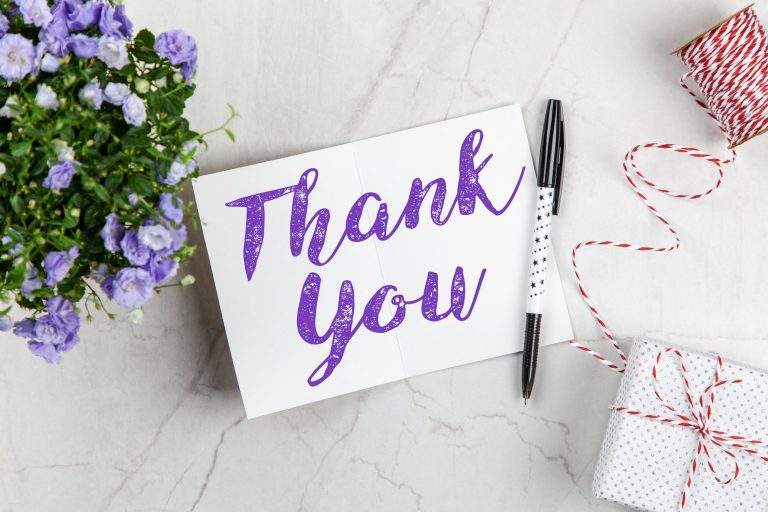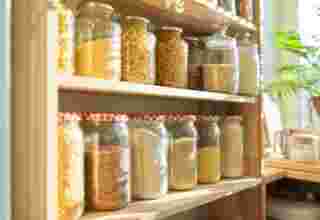
News Copy – By Emma Elsworthy
“Cheers” has overtaken ‘thank you’ as the most popular way to show verbal appreciation, it has emerged.
Research revealed more than four in 10 of us now regularly use ‘cheers’ instead of the more traditional response.
Experts believe “Cheers” originated from the old French word chiere which meant “face” or “head.”
By the 18th century it meant “gladness,” and was used as a way of expressing encouragement.
The study also found the majority of us now prefer to use more contemporary language to show our thanks.
According to the data one in five believe saying “thank you” sounds too formal – opting for catchier, chatty words like “cool”, “awesome” or “sorted”.
Other phrases used to replace the two little words of gratitude include “brilliant”, “nice one” and “ta”.
Overall 73 per cent of Brits feel as a nation we should be a little more thankful and do more to show gratitude for hard work, kindness and acts of generosity.
A spokesman for Lottoland, which carried out the study of 2,000 adults to celebrate its 10 millionth customer and sixth birthday, said: “Saying thanks – or an appropriate alternative phrase – can go a long way to make others feel special and worthy.
“As this study shows, there are many ways to express appreciation, in addition to words this might be a hug for someone special or a high five for a good friend.”
The study also found Brits opting for Spanish, French and German methods of thanks by saying “gracias”, “merci” or “danke”.
Other popular phrases include “lifesaver”, “fab” and “much obliged”.
Almost one in 10 adults feel saying the actual words “thank you” sounds much too old fashioned, while one in 20 don’t believe anyone they know says that anymore.
A resounding eight in 10 believe people should be thanked more for kind actions and loyalty – with more than half claiming a nod or other gesture is sometimes used instead of actual words.
The OnePoll.com survey also revealed Brits are most likely to show their thanks for something when given a present or when someone holds open a door (78 per cent respectively).
Other scenarios asking for a show of respect include being bought a drink (72 per cent), being given change after making a payment (72 per cent) and after being told you look nice (69 per cent).
Gratitude is also likely to be expressed when receiving a card (61 per cent), someone saving you a seat (67 per cent) or after enjoying a meal in a restaurant (63 per cent).
But a third of Brits admitted they could probably do with showing their thanks to others a bit more, perhaps with a nice gesture, as eight in 10 claim when they do something nice, it makes them feel really good.
Shop workers are the people most likely to receive thanks from others (42 per cent), followed by partners (40 per cent), colleagues (27 per cent) and bus drivers (26 per cent).
The spokesman for Lottoland added: “Saying thank you, or cheers, or awesome, can go such a long way to make a person feel special.
“All too often people forget to express their gratitude, whether that’s to someone serving them, to a customer, or to a family member who is always there.
“Receiving thanks can make you want to work harder, continue to be loyal, or be even kinder in the future.
“Here at Lottoland, we’re saying a big thank you after hitting a landmark 10 million customers by offering our players some fantastic one-off prizes – including a US MegaMillions and PowerBall combo that will draw in a whopping jackpot of over a billion pounds.”
TOP 20 ALTERNATIVES TO THANK YOU
1. Cheers
2. Ta
3. That’s great
4. Much appreciated
5. Okay
6. Brilliant
7. Lovely
8. Nice one
9. Cool
10. Alright
11. Awesome
12. Fab
13. Sorted
14. You star
15. Gracias
16. Merci
17. Much obliged
18. Super
19. Lifesaver
20. Danke
ENDS





















